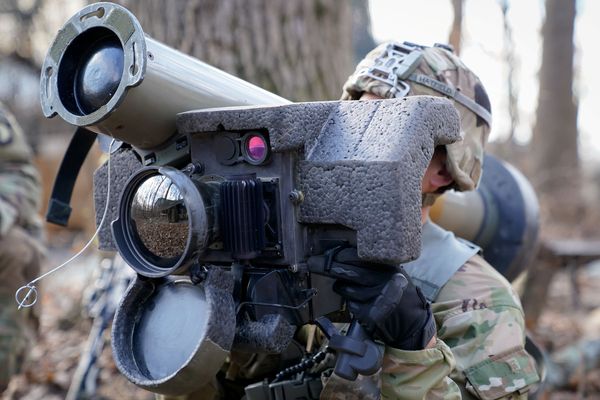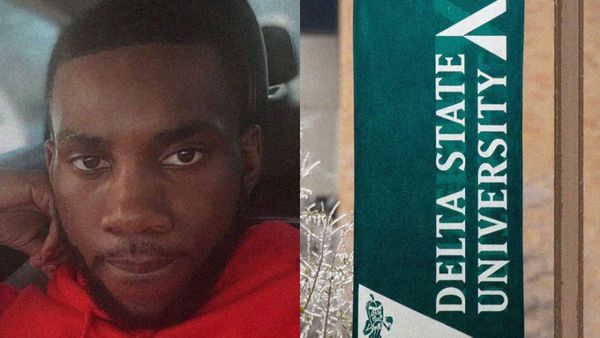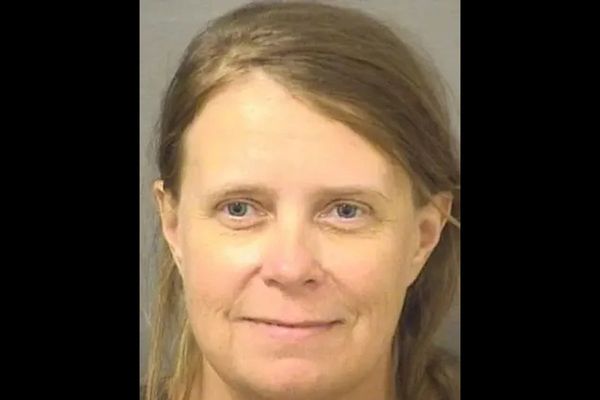Shares of Capricor Therapeutics plummeted Friday after the Food and Drug Administration rejected its experimental treatment for a heart complication associated with a muscle-wasting condition.
In its letter, the FDA said Capricor hadn't fully proved the effectiveness of its drug, deramiocel, as a treatment for cardiomyopathy associated with Duchenne muscular dystrophy. Further, the FDA said there were problems in the Chemistry, Manufacturing and Controls section of the application. But Capricor says it already addressed those issues, and the FDA hadn't reviewed its changes.
"We are surprised by this decision by the FDA," Chief Executive Linda Marban said in a statement. "We have followed their guidance throughout the process. Prior to the CRL (Complete Response Letter), the review had advanced without major issues, including a successful pre-licensure inspection and completion of the mid-cycle review."
Capricor Therapeutics stock tumbled 33%, closing at 7.64.
Company Is Still Running Tests
Capricor Therapeutics' application for approval includes data from a study called Hope-2, an open-label extension study in which all patients knowingly receive the experimental drug. The application also contains natural history comparisons from FDA-funded datasets.
The company is also running a study called Hope-3 and expects initial results in the third quarter. Those results could help in an updated application, Marban said.
"We believe these data, if positive, along with our existing long-term clinical results showing cardiac stabilization, preservation of skeletal muscle function, and a consistent safety profile, could support efforts to resolve the questions raised by the FDA for the treatment for cardiomyopathy associated with DMD," Marban said.
Shares Hammered On Rejection
The rejection likely comes as a shock to some on Wall Street.
In June, Capricor Therapeutics said the FDA had wrapped pre-licensure inspection of its San Diego manufacturing facility for deramiocel. The inspection noted several "minor observations related to routine quality systems and documentation," Maxim Group analyst Jason McCarthy said.
"Capricor has submitted its responses and does not anticipate any material impacts to the current GMP (Good Manufacturing Practice)," he said in a report at the time.
Capricor expected the FDA to run an advisory committee meeting to weigh the risks and benefits of the drug. But reports began emerging in late June that the FDA had canceled the meeting. This was the first indicator "raising questions around the approvability of Deramiocel in the shifting landscape at the FDA," McCarthy said in a more recent report.
Capricor Indicated Advisory Meeting Wasn't Needed
But Capricor Therapeutics said the FDA indicated the advisory committee meeting wasn't needed and the potential approval date of Aug. 31 was intact.
Oppenheimer analyst Leland Gershell, on the other hand, says he pointed to the potential rejection scenario in a recent note to clients. Still, he expects deramiocel to eventually gain approval and reach a peak of $1 billion or higher in DMD cardiomyopathy and/or skeletal myopathy.
"As we had pointed toward this scenario in our recent note, we are not surprised by today's news," he said in a note to clients. "We remain optimistic that deramiocel will eventually be approved."
Follow Allison Gatlin on X/Twitter at @AGatlin_IBD.







